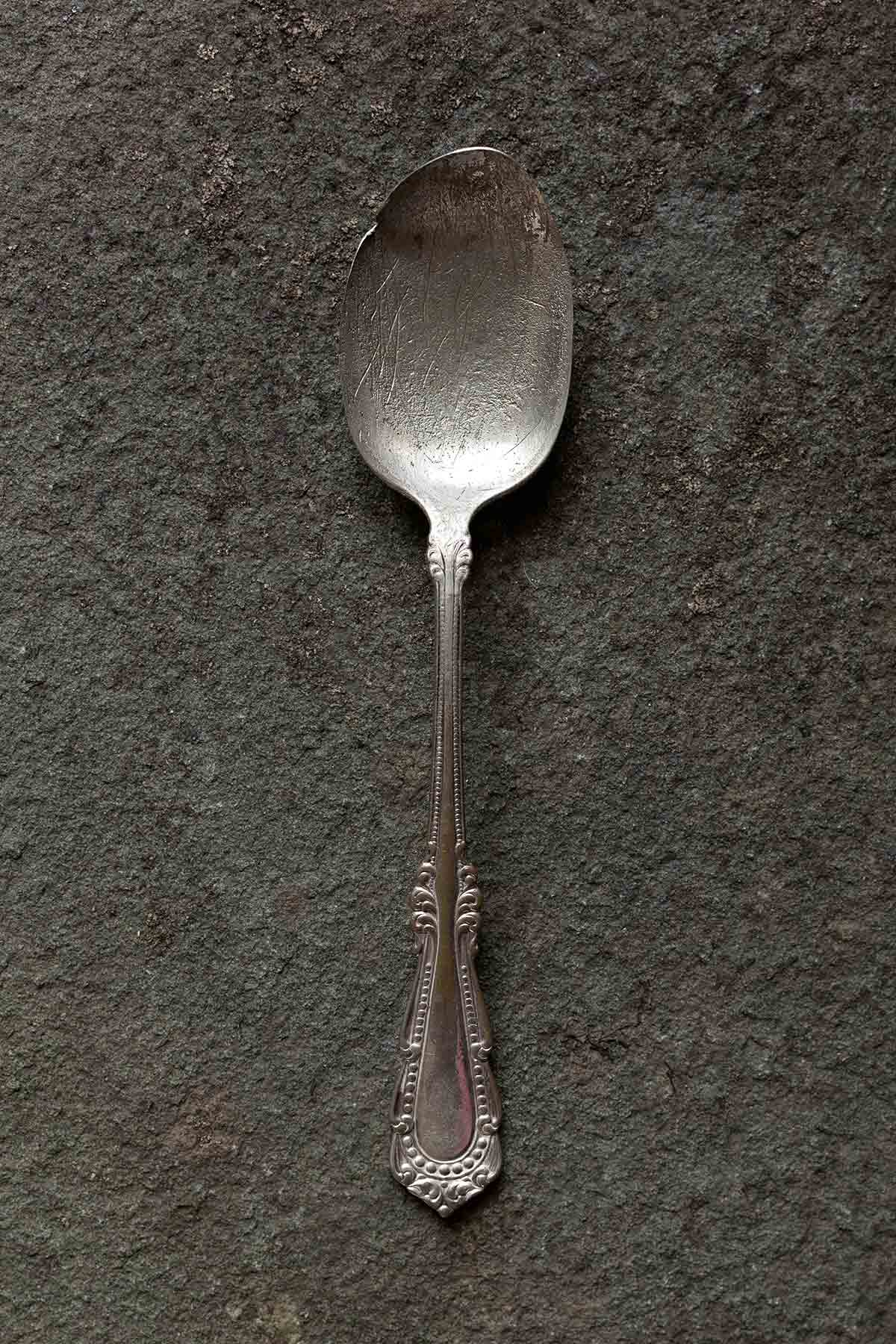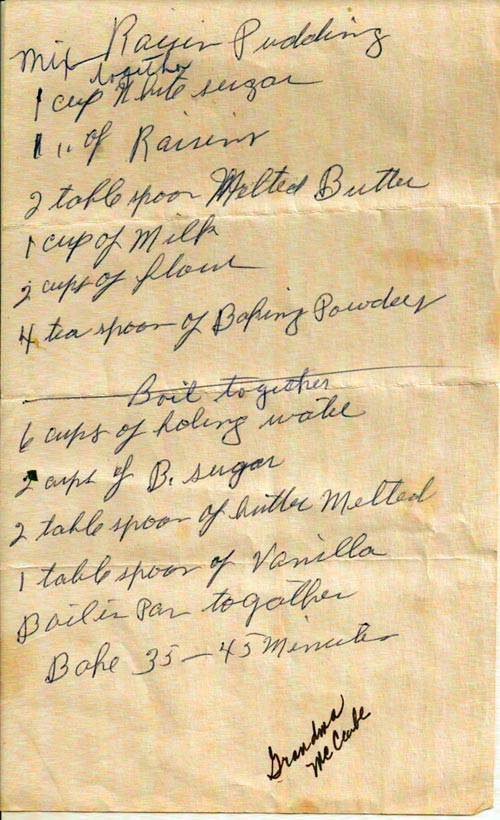
When I first told David, my partner of nearly 20 years, about my tumultuous upbringing, he was shocked. You see, my emotionally volatile mother, whom I loved dearly, was seemingly strong on the outside but fragile inside.
My father, who was legally blind, was severely limited in his ability to play the role of dad as I longed for it to be played. Both of them had hot tempers that often led to loud and sometimes physical confrontations.
When I was seven, they separated, and they divorced soon after. Much of the rest of my childhood was spent consoling my mother, helping her find happiness not only in her own life but in mine.
My father, meanwhile, depended on me to take care of him. I learned to do his shopping, make his meals, clean his house, pay his bills, and balance his checkbook by the age of nine. In many ways, the roles of parents and child were sadly reversed.
Finally, when I was 14 and life with my mother and her third husband in their horribly tension-filled household became unbearable, I left.
But there was one person I could always depend on to be there for me: my beloved grandmother. She didn’t need me to give her emotional support or take care of her. She just needed me to be her grandson and accept her unconditional love.
I have countless memories of her. She cut a fine figure, had tightly curled hair, and always wore stockings and a dress–usually one that she’d sewn herself. She’d never go out in public unless she looked just right. She was a lady—a very independent lady—who was as comfortable moving a heavy piece of furniture or hammering a nail as she was making a cake from scratch.
My most vivid recollections of her are in the kitchen. Oddly, I don’t remember her cooking; it’s possible she wasn’t very good. But her baking was incredible. And there were three necessary components to everything she made—her big brown crock; her wooden spoon; and her scratched, misshapen silver spoon, which I cherish to this day. I remember seeing that spoon in every kitchen my grandmother ever baked in. It was like a constant friend or a favorite family member.
I remember Grandma baking buttermilk bread for sandwiches and scooping the flour with her silver spoon. I’d sit in the kitchen, watching her mixing all the ingredients, and wait for the bread to rise.
The process fascinated me, and once the loaf went in the oven the smell of it baking was pure comfort to me. I sat on pins and needles anxious for the warm slice of bread with butter that would soon be mine. And at Christmastime she’d bake me a special sweet treat by shaping the same dough into rolls and studding them with colorful candied fruit.
Then there were the times she’d bake a cake. She’d sit with her big crock on her lap, beating the batter inside with her silver spoon. After she’d poured the batter into the pan, there was always, miraculously, just enough left for me to “test” with the spoon. That spoon was so thin and beat up it was amazing that I didn’t cut myself. But just as my grandmother expertly wielded it, so I learned to masterfully maneuver it.

I recently happened upon her recipe for raisin pudding—a dessert she made all the time—written in her own hand. I’m not sure if I should call it a recipe, though, because it includes only the ingredients.
It doesn’t say what size pan to bake it in or what temperature to set the oven to. Maybe we were destined to guess, or maybe we were just expected to know.
I later found the same recipe, entitled “Grandma’s Raisin Pudding,” in my mother’s handwriting. Her version includes the missing pieces. It says to drop the flour-and-sugar mixture into the syrup with a “teaspoon,” which makes me chuckle because I know the “teaspoon” referred to is Grandma’s old silver spoon that I watched her use every time she made this dessert.
She’d scoop it into the wet batter and then drop it into the waiting hot syrup without bothering to shape the individual puddings. But once they emerged from the oven, they were almost perfectly round biscuits sitting atop the most delicious river of thick, rich syrup. In my child’s mind, her spoon had special powers. It could take blobs of dough and shape them into impeccable biscuits. It’s one of my very favorite memories of her.
According to my grandmother, the spoon was handed down from her mother’s mother. It supposedly originated in England, but that part has always seemed suspect to me since it’s rather a grand origin for something owned by our humble family. As a child, I simply couldn’t fathom how anything could be so old, so ancient.
When my grandmother passed on, the old spoon was handed down to me. It remains one of my greatest treasures. So far from glamorous, yet beautiful to me, it rests comfortably among our set of perfect silverware.
It’s this spoon that I pull out anytime I want to try a new recipe or make a beautiful meal for David or just sense that I might need some extra support in the kitchen. Is it my lucky spoon? I can’t answer that. But I can say that I go into a panic when I want to cook something special and can’t find it. Somehow I feel I need it to achieve even the slightest success in the kitchen.
Maybe it’s a crutch, or maybe it’s just a piece of metal that evokes wonderful memories of me and my grandmother in the kitchen. It doesn’t really matter, as I can’t promise a decent meal without it.











I adore this post. Time in the kitchen with both of my grandmothers was the very best, and I love your memory of your grandmother.
Jenijen,
Thank you so much. I’m jealous that you had two grandmothers. That means double the memories and recipes.
I, too, am lucky to have a ‘silver spoon’. But mine is a green pebbly juice glass. My joy and skill in the kitchen came from my Grandma. It completely skipped a generation (my Mom) and came directly to me via my Grandma. I never remember her using, or even owning, a measuring cup. That juice glass was it, and was present every time she (we) baked. Even when I got older and asked her to write down her recipes, the measurement used was ‘the juice glass’ (ie. 1/2 a glass of oil, etc.). I am a chef and caterer now, and everytime I step into a kitchen I take my Grandma with me. And my precious green pebbly juice glass is sitting at home, waiting for me to grab it and get to making something delicious. And I know my Grandma, who’s been gone for (gulp) 15 years now, is watching and smiling.
Sheli,
What a wonderful story! Thank you so much for sharing it with me. You must protect that juice glass forever.
Oh, how I love this post. In this season that has come to be defined by such excess, it is charming to read such a lovely recollection about something so simple yet so profound. Thank you, The One.
Beth,
I am so glad you liked it!
If only more people realized our wonderful simple can be and is.